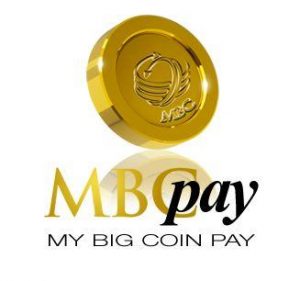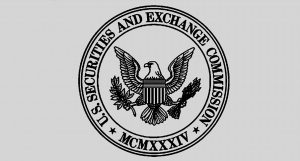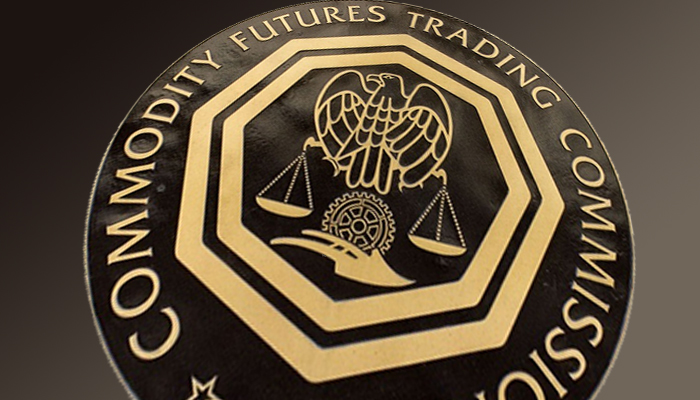 “The Commodity Futures Trading Commission (CFTC) today announced the filing of a federal court enforcement action under seal on January 16, 2018, charging commodity fraud and misappropriation related to the ongoing solicitation of customers for a virtual currency known as My Big Coin (MBC). The CFTC Complaint charges Defendants Randall Crater of East Hampton, New York, Mark Gillespie of Hartland, Michigan, and My Big Coin Pay, Inc., a corporation based in Las Vegas, Nevada, with misappropriating over $6 million from customers by, among other things, transferring customer funds into personal bank accounts, and using those funds for personal expenses and the purchase of luxury goods.
“The Commodity Futures Trading Commission (CFTC) today announced the filing of a federal court enforcement action under seal on January 16, 2018, charging commodity fraud and misappropriation related to the ongoing solicitation of customers for a virtual currency known as My Big Coin (MBC). The CFTC Complaint charges Defendants Randall Crater of East Hampton, New York, Mark Gillespie of Hartland, Michigan, and My Big Coin Pay, Inc., a corporation based in Las Vegas, Nevada, with misappropriating over $6 million from customers by, among other things, transferring customer funds into personal bank accounts, and using those funds for personal expenses and the purchase of luxury goods.
“On January 16, 2018, Judge Rya Zobel of the U.S. District Court for the District of Massachusetts, issued a Restraining Order, also under seal, freezing the Defendants’ assets. The Order also freezes the assets of Relief Defendants Kimberly Renee Benge, Kimberly Renee Benge d/b/a Greyshore Advertisement a/k/a Greyshore Advertiset, Barbara Crater Meeks, Erica Crater, Greyshore, LLC, and Greyshore Technology, LLC for allegedly receiving customer funds without providing any legitimate services to clients and without any interest or entitlement to such customer funds. The court’s restraining Order also prohibits the Defendants and Relief Defendants from destroying or altering books and records.”
Last Friday, the CFTC announced filings against two other virtual currency fraudsters and along with the announcement there was a joint statement with the

SEC stating in no uncertain terms: “When market participants engage in fraud under the guise of offering digital instruments – whether characterized as virtual currencies, coins, tokens, or the like – the SEC and the CFTC will look beyond form, examine the substance of the activity and prosecute violations of the federal securities and commodities laws.
“The Divisions of Enforcement for the SEC and CFTC will continue to address violations and to bring actions to stop and prevent fraud in the offer and sale of digital instruments.”
Of this latest case, Director of Enforcement James McDonald stated: “As this case shows, the CFTC is actively policing the virtual currency markets and will vigorously enforce the anti-fraud provisions of the Commodity Exchange Act. In addition to harming customers, fraud in connection with virtual currencies inhibits potentially market-enhancing developments in this area. We caution potential virtual currency customers, once again, that they should engage in appropriate diligence before purchasing virtual currencies.”
 The CFTC further noted: “Specifically, the CFTC Complaint alleges that from at least January 2014 through January 2018, the Defendants fraudulently solicited potential and existing MBC customers throughout the United States by making false and misleading claims and omissions about MBC’s value, usage, and trade status and that MBC was backed by gold. Defendants also allegedly fraudulently solicited numerous customers in the District of Massachusetts, receiving in excess of $5 million from those customers.
The CFTC further noted: “Specifically, the CFTC Complaint alleges that from at least January 2014 through January 2018, the Defendants fraudulently solicited potential and existing MBC customers throughout the United States by making false and misleading claims and omissions about MBC’s value, usage, and trade status and that MBC was backed by gold. Defendants also allegedly fraudulently solicited numerous customers in the District of Massachusetts, receiving in excess of $5 million from those customers.
“As alleged in the Complaint, the MBC website, maintained and operated by the Defendants, conveyed to customers numerous solicitation materials, MBC trade data, and other materials (1) misrepresenting that MBC was actively being traded on several currency exchanges, including the MBC Exchange website, when in fact it was not; (2) misrepresenting in reports the daily trading price, when in fact no price existed because MBC was not trading; (3) misrepresenting that MBC was backed by gold, when in fact it was not; and (4) misrepresenting that MBC had partnered with MasterCard, with the promise that MBC could be used anywhere MasterCard was accepted, when in fact no such partnership existed and MBC could not be used anywhere MasterCard was accepted. In reality, as alleged, the supposed trading results were illusory, and any payouts to customers were derived from funds fraudulently obtained from other customers in the manner of a Ponzi scheme.”








